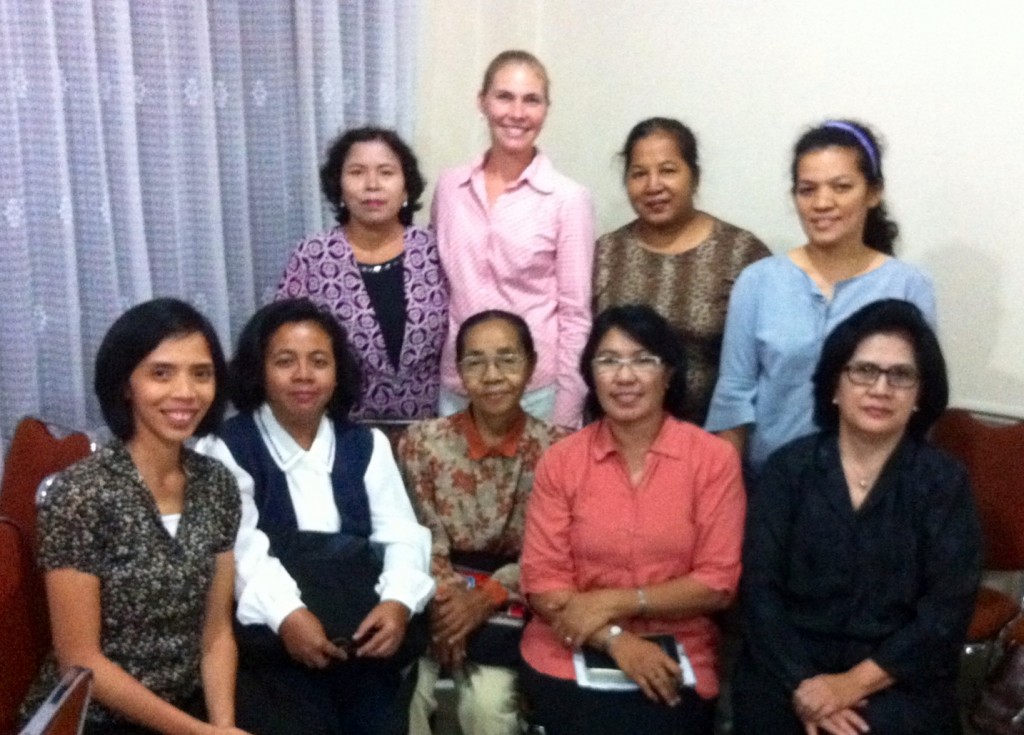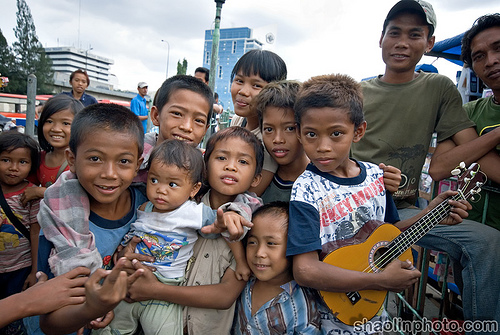Have you ever wanted to say something so bad, but the words just wouldn’t come? This is how it feels when you’re trying to learn a foreign language can’t communicate your thoughts. The language barrier brings frustration, desperation, an overwhelming feeling to grab onto something tangible. Often times you resort to hand motions!

The other day, I was asked to teach a ladies Bible class for the women of the Darmawangsa church of Christ in Jakarta, Indonesia. We had been back in Indonesia for 6 days after having been away from the county for 4 years. Needless to say, my grasp of the Indonesian language was a bit rusty. I felt like I had sufficiently prepared my lesson and was confident of what I wanted to say. But, after beginning my lesson I found myself clawing for words that just wouldn’t form right.
My sentence structure seemed off. My vocabulary was weak. I desperately wanted to communicate what I had studied, but found myself faltering. Did I sound like a two-year old toddler to them? All of these great thoughts and insights flooded through my head, but to communicate them was difficult.
The joys of language learning! You need to keep trying and learn from your mistakes. Stick yourself in sometimes embarrassing situations and let the people around you help you. It’s OK to sound like a two-year old in the beginning, but only for a little while. I am sure they will expect more from me in the weeks to come. Despite my feelings of speechlessness, the ladies asked me to speak again the next Sunday. I am very grateful that they are patient with me as I struggle to use their language.
Question: What do you do when you don’t have the words to communicate your thoughts and feelings? You can leave a comment by clicking here.





